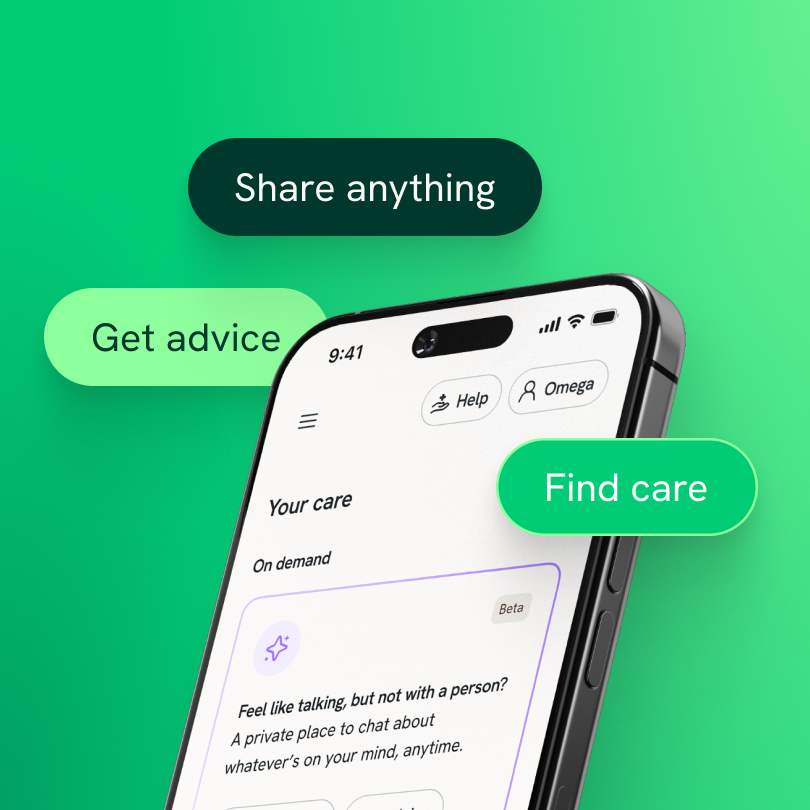Jump to section
What do employees look for in a new place of work? Competitive pay, a positive work culture, room to grow and learn, and more all come into play when considering a job move. But, these days, as the world continues to grapple with COVID-19 and its myriad effects, there is one area potential workers are keenly interested in: employee benefits.
Due to the increased hardships associated with the pandemic, employees value benefits more than ever. However, there remains an all too often overlooked part of the benefits package, and that is the person who helps employers determine the best benefits—the benefits consultant (also known as a broker).
To take employee benefits to the next level, learn how to partner with a benefits consultant or broker to craft the most useful benefit plan for your team.
What does an employee benefits consultant or broker do?
Generally, a benefits consultant helps companies and human resources professionals figure out which benefits will be best for their workforce, and which vendor will best provide that particular benefit. Using a variety of tools, the benefits consultant can help a company establish the right employee benefits program.
A good broker will be able to evaluate the many moving parts of business while researching and assembling benefits: geography, size of the workforce, money allocated for benefits, legal considerations, and more. One of the most important pieces to consider amongst this is the goals of the company. The right benefits broker can help business leaders achieve their optimal vision.
For example, take a company that wishes to better support its employees and their mental health during the stressors of 2020, COVID-19 and all. This company could use a benefits consultant to advise them on which mental healthcare benefits, and vendors, would help their employees the most in this stressful time, while also fitting in the company’s parameters.
There are a number of reasons to support wellness in the workplace, and benefits are a great place to reinforce that support. A consultant helps a company determine what, exactly, could work for their unique workforce. From health initiatives that focus on mental health to promoting disease recognition and management, a broker can find resources that might otherwise be overlooked.
After working with HR and business leaders to determine what kind of employee benefits to offer, a consultant can find and present different vendors and their unique services. One vendor may offer a full spectrum of services, while another may focus on one single platform.
For example, in the realm of mental health benefits, a consultant might advise employers to use a full service vendor versus one who only offers text-based therapy. Benefits brokers can help company leaders determine what benefits and providers will improve workplace wellness and overall productivity.
3 steps for choosing an employee benefits consultant or broker
Determine goals, and then benefits.
How do benefits fit into overall company goals? This question can help guide your consultant search by revealing what aspects of the workforce to focus on. Although you don’t need to know all the details of the benefits package to offer employees, do have an understanding of what you want to highlight, and how that fits into a future vision of the company.
For a more robust retirement plan for workers, find a broker with expertise in that area. A firm that has different consultants specializing in a variety of areas might be a smart choice if a more complete overhaul of benefits is desired. The right broker can help drive employee satisfaction, productivity, and retention.
Look at consultant skills
The world of benefits can be intimidating—with all the different categories and terminology, it’s easy to get lost in navigation. In fact, a study that focused on healthcare benefits showed that Americans struggle to understand key phrases related to healthcare. This confusion can too easily lead to less educated decisions about their own care.
Thankfully, this gap in understanding can be bridged by an experienced benefits consultant. A good broker should be able to navigate changes to the marketplace, new laws that affect benefits, the presence of new and existing vendors, and more. Because the benefits world is a highly regulated one, make sure that prospective brokers can help your company be in compliance with changing laws and regulations. These could include familiarity with HIPAA, the ACA, COBRA, and more. Unnecessary costs can be avoided with the help of an experienced consultant.
Pay special attention to their experience in wellness.
A recent survey found that almost 3 out of 4 workers aged 24-38 wanted more support for mental health and overall wellness from their employers. This means that employees value companies that provide mental health benefits as well as more traditional areas of healthcare.
As workforces experience unprecedented stressors, HR and company leaders can address their effects on the workplace through finding a benefits consultant with mental health expertise. A broker that follows and understands the evolving options for addressing mental health will help companies boost their overall wellbeing.
Benefits are a worthwhile investment for any company to make. There are many ways Spring Health provides mental health support to employees—from the comprehensive intake to individualized care plans. Understanding that each person and situation is unique, Spring Health matches employees to custom-made care plans using the latest technology.






